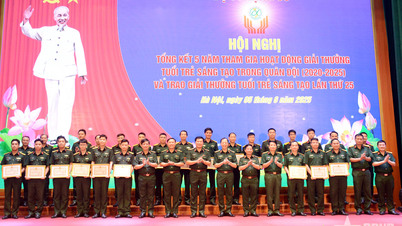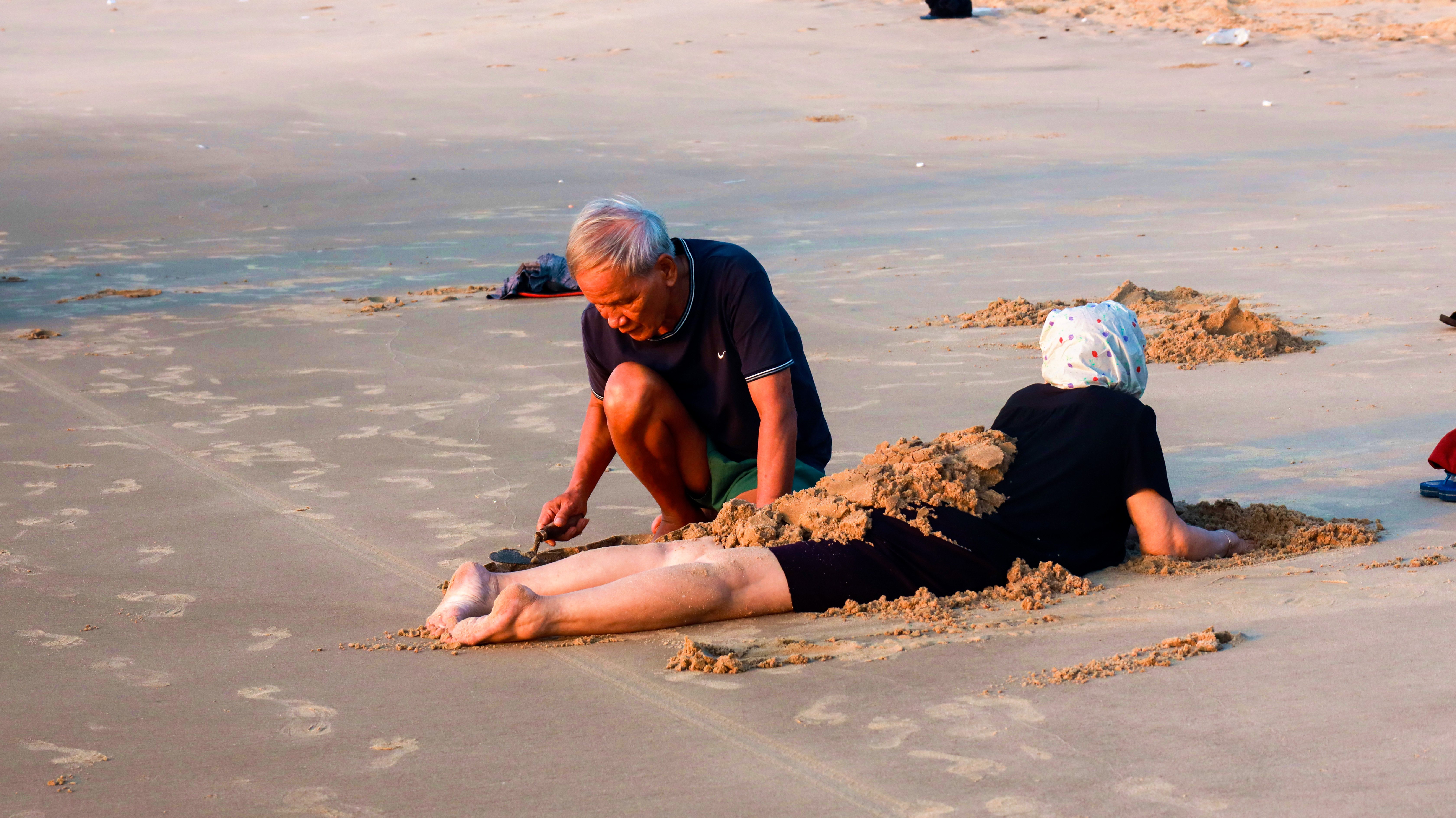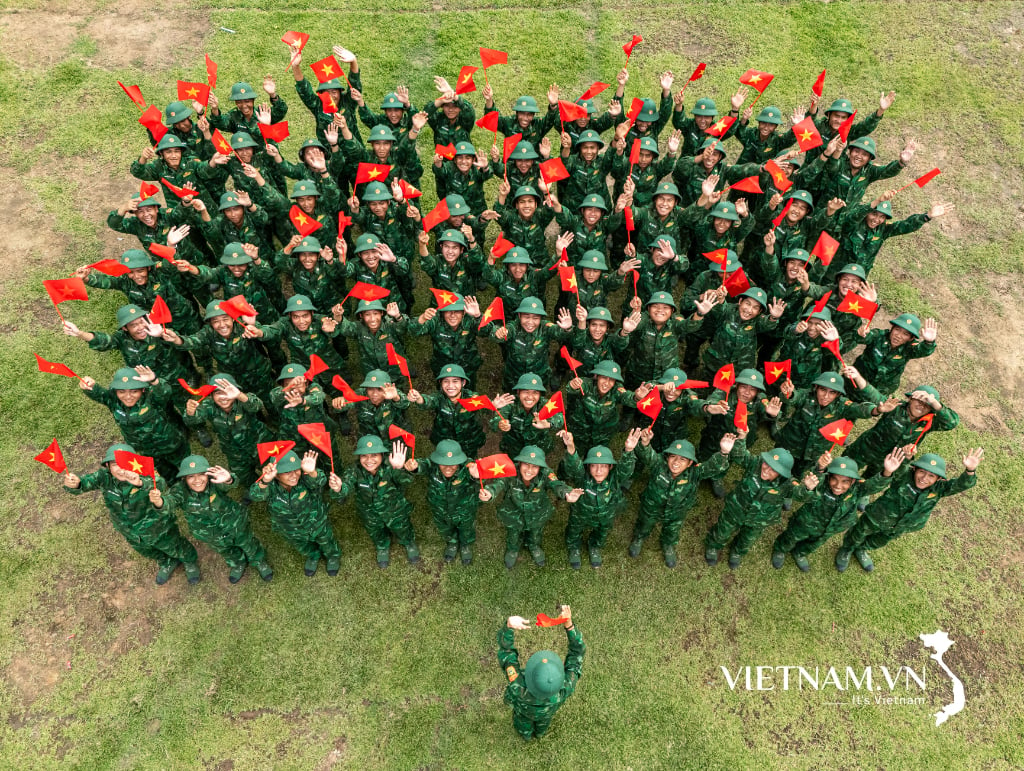China Youth Daily, the mouthpiece of the Communist Youth League of China, recently released survey results showing that 64% of young people in the country feel “stuck or frozen” when participating in social interactions.
According to the survey, 27% of 2,000 people aged 18-35 said they had trouble engaging in face-to-face social activities. 17% of respondents said even communicating online was a challenge, while 20% said they had difficulty interacting both online and in real life. Only 30% said they had no problems. The survey did not include the opinions of the remaining 7%.
The survey sheds light on the challenges young people in China face in establishing social connections. The term “shekong,” meaning “social phobia,” has become increasingly popular among young people on Chinese social media, many of whom fear social interaction in real life. A report from the South China Morning Post said that Liu Jin, a college graduate from Wuhan, Hubei province, revealed that he dislikes interacting with strangers and avoids starting conversations. “When I meet strangers, I usually don’t initiate conversation and just respond passively,” Liu Jin said. The survey also found that 40% of respondents try to avoid social interaction, 30% don’t, and the remaining 30% said it depends on the situation.
According to the same survey, 60% of individuals who avoid social contact said they feel uncomfortable when they have to interact intentionally, while 50% said they are too stressed at work or in life to have the energy to socialize. Other reasons include lack of social experience or negative memories of past social events.
Guan Jian, a social psychology professor at Nankai University, said online communication has become a part of the daily lives of today's young generation. Many of them have no need for real-life interactions. "Traditional societies often have a high demand for interactive activities such as visiting friends and relatives, organizing events. We rely on the social connections built in this way when we encounter difficulties in life," Professor Guan explained. But things have changed. Now, if people want to move, they can book a service on an app, instead of asking friends and relatives. Professor Guan warned that online connections are "very weak and virtual" compared to real-life interactions.
NGOC MINH
Source
































































































Comment (0)